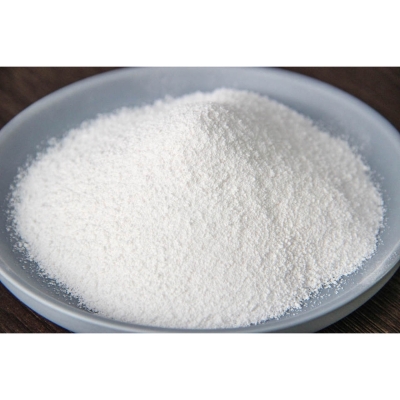-
Categories
-
Pharmaceutical Intermediates
-
Active Pharmaceutical Ingredients
-
Food Additives
- Industrial Coatings
- Agrochemicals
- Dyes and Pigments
- Surfactant
- Flavors and Fragrances
- Chemical Reagents
- Catalyst and Auxiliary
- Natural Products
- Inorganic Chemistry
-
Organic Chemistry
-
Biochemical Engineering
- Analytical Chemistry
-
Cosmetic Ingredient
- Water Treatment Chemical
-
Pharmaceutical Intermediates
Promotion
ECHEMI Mall
Wholesale
Weekly Price
Exhibition
News
-
Trade Service
Biocom reports: Recombinase Polymerase Amplification ( RPA ) is known as a nucleic acid detection technology that can replace PCR (developed by the British company TwistDx Inc )
Before we briefly introduced the principles and features of RPA technology, now you must have a lot of questions about this technology
What temperature does the RPA reaction need to be carried out?
Standard TwistAmp® operating temperature of the kit at 37 ° C - 42 ° C between
Can RPA reactions be multiplexed?
Yes
Does the RPA reaction need to be performed on a special instrument?
No need
Can the RPA reaction quantify the template?
Yes
In addition, a slower amplification process facilitates more accurate quantification
Can the amplified products be analyzed on an agarose gel?
Yes, TwistAmp® basic reaction, TwistAmp®nfo and TwistAmp® fpg can all be run for end-point analysis
Can the amplification reaction be subjected to fluorescence end-point analysis?
Yes
Does RPA support biotin or fluorescently labeled oligonucleotides?
Support
Can intercalating dyes be used to monitor RPA in real time ?
Yes
Can RPA reagent be made into a master-mix ?
Yes
Do I need to recover RPA products before running the glue ?
Need
Can the amplicons of the RPA reaction be stored?
The amplified products of TwistAmp® Basic or nfo can be stored at 4°C for short-term storage, and -20°C for longer storage time .
TwistAmp® exo (RT) amplification products cannot be stored
Can the amplicons of the TwistAmp® basic reaction be TA cloned?
The polymerase in the TwistAmp® basic reaction has no editing function, and the amplicon should be used for TA cloning
Can the labeled probe and TwistAmp® basic kit be used for lateral flow chromatography?
Yes
.
You can use two modified primers for lateral flow chromatography ( LFD )
.
However, TwistDx recommends the use of probes and TwistAmp® nfo kits
.
This is because RPA is similar to PCR and also tends to form primer dimers
.
If the primers are not perfect, it is easy to cross-react and generate false positive results
.
The TwistAmp® nfo system can avoid this problem
.
Do I need to dilute the RPA product when using lateral flow chromatography test paper ?
Yes
.
Some substances in the RPA reaction will interfere with the antibody on the test paper, and if it is not sufficiently diluted, non-specific binding and false positive signals will appear
.
The fluorescence increases sharply at the end of the TwistAmp® exo (RT) reaction.
Is this normal?
Is normal
.
In the TwistAmp® exo reaction, polymerase and exonuclease III are in a competitive relationship
.
As the energy of the reaction is gradually depleted, exonuclease III begins to dominate, resulting in a sharp increase in the fluorescence signal
.
(We will introduce the primers and probes of RPA in detail in the following chapters , so stay tuned
.
)
Biological Communication Editor: Ye Yu







